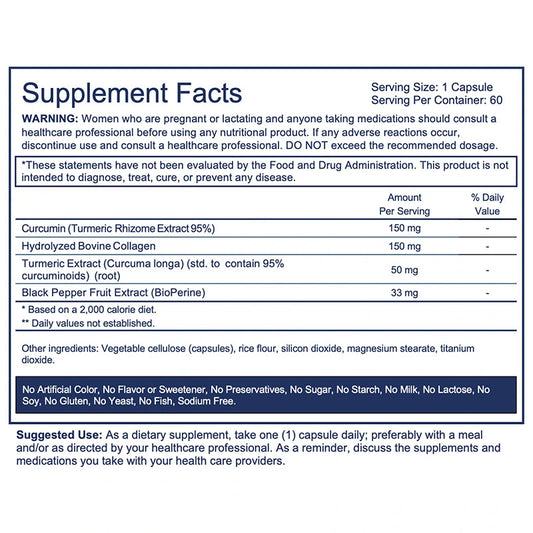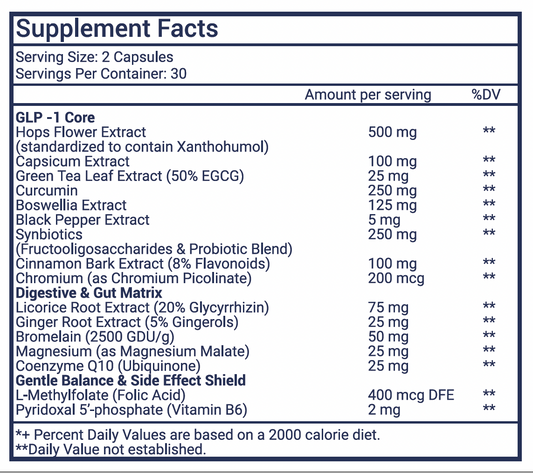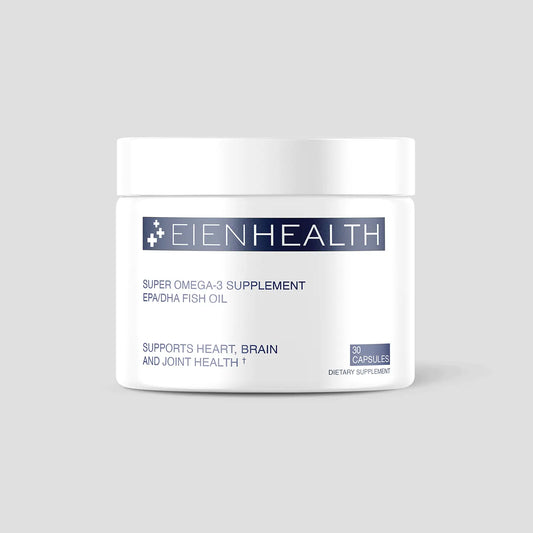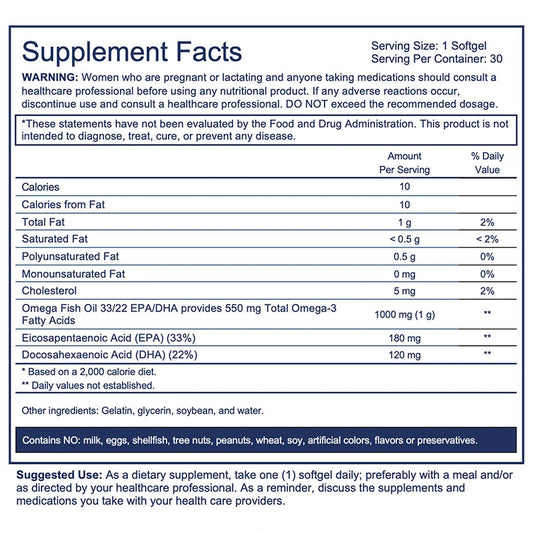Fish oil is a popular over-the-counter supplement obtained from fatty fish like sardines, anchovies, mackerel, and salmon.
Fish oil mainly includes two types of omega-3 fatty acids — eicosapentaenoic acid (EPA) and docosahexaenoic acid (DHA), which are well known for their heart health and skin benefits.
Though, fish oil also has an unbelievable effect on the brain, especially when it comes to mild memory loss* and depression*.
Fish oil primarily contains two types of omega-3 fatty acids — EPA and DHA.
These two fatty acids are sections of cell membranes and have effective anti-inflammatory purposes within the body. They are also known for their key roles in human development and heart health.
The omega-3 fatty acids EPA and DHA are critical for normal brain function and development throughout all stages of life.
EPA and DHA seem to have important roles in the developing baby’s brain. In fact, several studies have linked pregnant women’s fish intake or fish oil use with higher scores for their children on tests of intelligence and brain function in early childhood.
These fatty acids are also essential for the preservation of normal brain function during life. They are plentiful in the cell membranes of brain cells, protecting cell membrane health and enabling communication between brain cells. In older adults, lower levels of DHA in the blood have been correlated with smaller brain size, a sign of accelerated brain aging*. Evidently, it is imperative to make sure you get enough omega-3 fatty acids to avoid some of these detrimental effects on brain function and development.
Fish Oil May Benefit Mild Memory Loss
The omega-3 fatty acids found in fish oil play important roles in brain function and development. There are also statements that fish oil can improve brain function in people with memory problems, such as those with Alzheimer’s disease* or other cognitive impairments*.
Alzheimer’s disease* is the most common type of dementia and impacts brain function and quality of life in millions of elderly adults. Discovering a supplement that could increase brain function in this population would be a major, life-changing discovery. (Unfortunately, a review of the research found no compelling evidence that omega-3 supplements like fish oil improve brain function in people with Alzheimer’s disease*.) On the other hand, numerous studies have advised that taking fish oil supplements may** improve brain function in people with more mild types of brain conditions like mild cognitive impairment*. These types of conditions are not quite as serious as Alzheimer’s disease* but they still cause memory loss* and sometimes other types of impaired brain function*. It appears that fish oil supplements may be most beneficial when people start taking them in the early stages of brain function decrease. If you wait too long, fish oil may be of little benefit to the brain.
Fish Oil May* Improve Depression** Symptoms
A recent review of clinical studies concluded that taking fish oil supplements improved depressive symptoms in people with depression*, with effects equivalent to those of antidepressant medications.
Nevertheless, the greatest improvements in depressive symptoms seemed to occur in people who were also taking antidepressants. Additionally, people tended to see greater effects when the fish oil supplement contained higher doses of EPA. So, in conclusion, taking a fish oil supplement along with antidepressant medication may help relieve depression symptoms.












